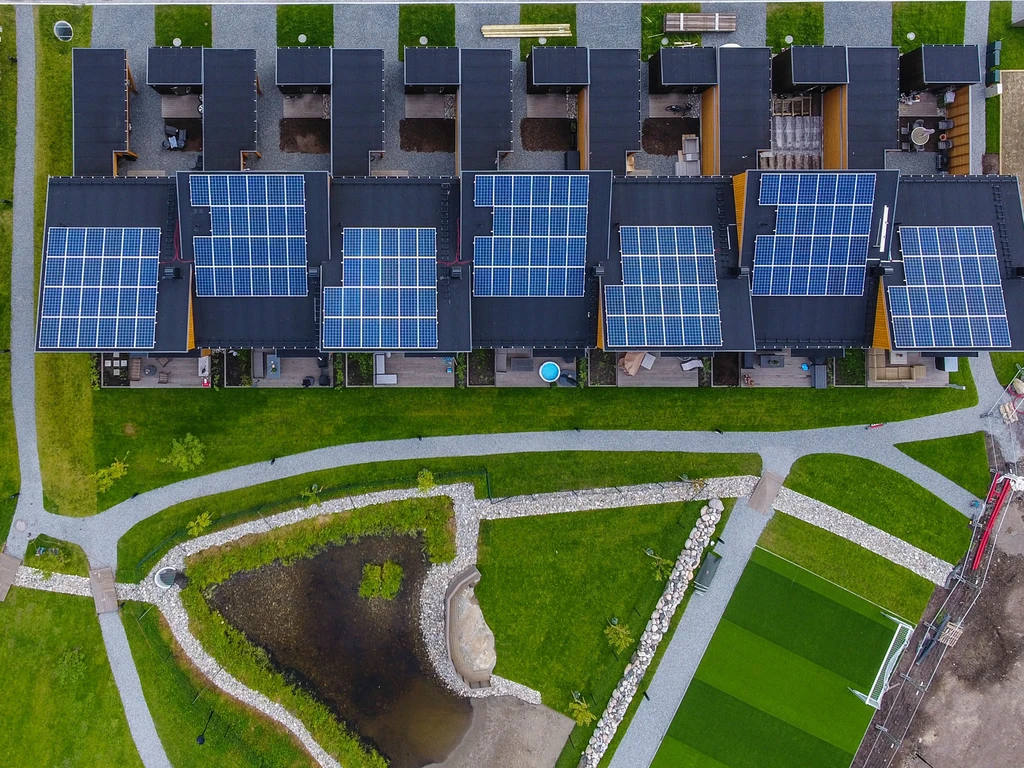As Zimbabwe grapples with environmental challenges, the real estate sector is making significant strides toward sustainability. The integration of green technologies and eco-friendly construction methods is transforming how buildings are designed, constructed, and operated across the country.
Sustainable Practices
One of the most notable trends in Zimbabwe’s property market is the adoption of green technologies. Solar energy is becoming increasingly prevalent in both residential and commercial developments. Many new buildings are equipped with solar panels, reducing reliance on the national grid and lowering energy costs. This shift is particularly significant given Zimbabwe’s abundant sunshine, which makes solar power a practical and effective solution.
Rainwater harvesting is another key feature in many modern buildings. By capturing and storing rainwater, these systems provide a sustainable source for irrigation and non-potable uses, reducing the strain on local water resources. Additionally, energy-efficient building materials are gaining traction. Insulation made from recycled materials, energy-efficient windows, and advanced HVAC systems are helping to reduce the carbon footprint of new developments and decrease energy consumption.
Case Studies
Recent projects highlight the successful implementation of these green technologies. In Harare, the Green Haven Complex is a prime example of an eco-friendly residential development. This complex boasts solar panels, energy-efficient lighting, and a comprehensive rainwater collection system. These features not only contribute to environmental sustainability but also offer residents significant cost savings on utilities.
Another standout project is the Eco Office Park, also located in Harare. This commercial development incorporates green building materials and cutting-edge energy management systems. The park’s design emphasises sustainability, with features such as low-energy lighting and climate-responsive building facades. This project demonstrates how sustainable practices can be integrated into high-demand office spaces, attracting tenants who are committed to environmental responsibility.
Government and Investor Support
The Zimbabwean government is actively supporting the shift towards green building practices through various incentives and regulations. Policies promoting the use of sustainable technologies and offering financial incentives for green projects are driving the adoption of these practices within the real estate sector.
Investor interest in sustainable real estate is also growing. As the benefits of green buildings such as lower operational costs, higher property values, and increased tenant demand become more evident, investors are increasingly supporting projects that prioritise environmental sustainability.
Sustainable building practices are making significant inroads in Zimbabwe’s real estate market. With the adoption of green technologies, successful case studies, and robust government and investor support, the country is paving the way for a more sustainable future. As these practices continue to evolve, Zimbabwe’s property market is set to benefit from increased environmental responsibility and long-term economic efficiency.
 Continue with Facebook
Continue with Facebook
 Continue with Email
Continue with Email














